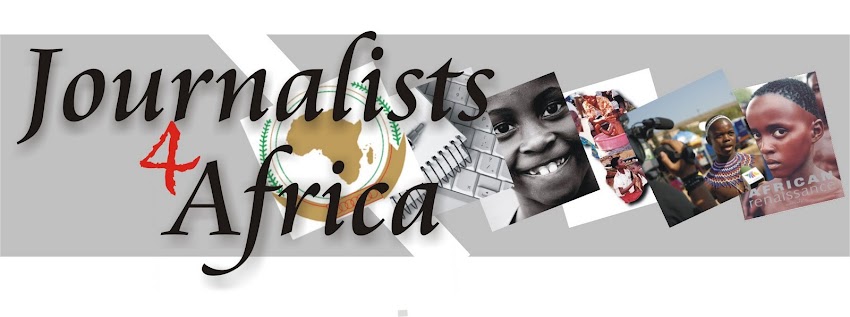(New African& JAR)
Ivory Coast's new leader Alassane Ouattara made his first visit Thursday to the presidential palace, exactly five months since his runoff election against the incumbent tipped the country into crisis.Ouattara has been holed up in a hotel since the November 28 election which Laurent Gbagbo refused to accept he had lost. He was only eventually forced from power when he was captured at the end of a siege on April 11.
As he finally stepped foot in the palace in the country's main city of Abidjan, the new president said he would take oath of office next month in the official capital of Yamoussoukrou.
Ouattara is still trying to assert his authority in what remains a deeply divided country and his tour of the palace came a day after his forces killed a militia leader in Abidjan.
"It is clear that the palace still needs a lot of repair. We will ensure that, because we want to resume work as soon as possible," he told reporters.
"There is a lot of destruction which is regrettable. I saw looted offices and looted safes, a lot of regrettable things."
The presidential palace is in Abidjan's Plateau business district, the scene of the worst fighting between Ouattara's forces and pro-Gbagbo fighters earlier this month during the offensive to remove the defiant leader.
After taking refuge in an underground bunker in his residence, Gbagbo was finally captured by Ouattara's forces after the United Nations and French troops bombarded the building.
Gbagbo and his wife have since been placed under house arrest in different towns in the north of the country and the government this week said it had launched a probe against the toppled president and his associates.
Ouattara, 69, said he will officially take office next month.
"Our aim is to hold the swearing-in on May 21 in Yamoussoukrou. I have already called some African and foreign dignitaries requesting them to attend the occasion," said Ouattara.
"We will do everything necessary to ensure that the ceremony can go ahead on. That is what I wish and hope for it."
Ouattara is expected to continue to operate out of his hotel base for some time yet and he did not say when he planned to move to the presidential palace.
Since taking power, Ivory Coast's new authorities have been struggling to restore security, business and basic services disrupted during the months-long crisis.
Banks had been due to open their doors Thursday after being closed for several weeks. However by early afternoon, customers were still queueing in vain outside branches, worsening the woes of civil servants who have not been paid for two months. However some cash machines had been replenished.
Security has been restored in much of Abidjan, but diehard pro-Gbagbo fighters in the city's northwestern Yopougon neighbourhood have refused to disarm.
In their drive to secure the vast metropolis, government forces on Wednesday killed militia leader Ibrahim Coulibaly in the north of the city where he had been holed up with a pack of fighters.
Coulibaly, who at one stage fled Ivory Coast for plotting a coup against Gbagbgo, had sought an audience with Ouattara but had been told to disarm first.
He wanted acknowledgement from the government for the role played by his forces in driving out pro-Gbagbo militia from the northern Abobo district earlier this year.

















 Djibouti Campaing of elections got finalized peaceful way , while the election polling day which is on the 08th of April is about to take place soon with full commitment of peaceful elections
Djibouti Campaing of elections got finalized peaceful way , while the election polling day which is on the 08th of April is about to take place soon with full commitment of peaceful elections
